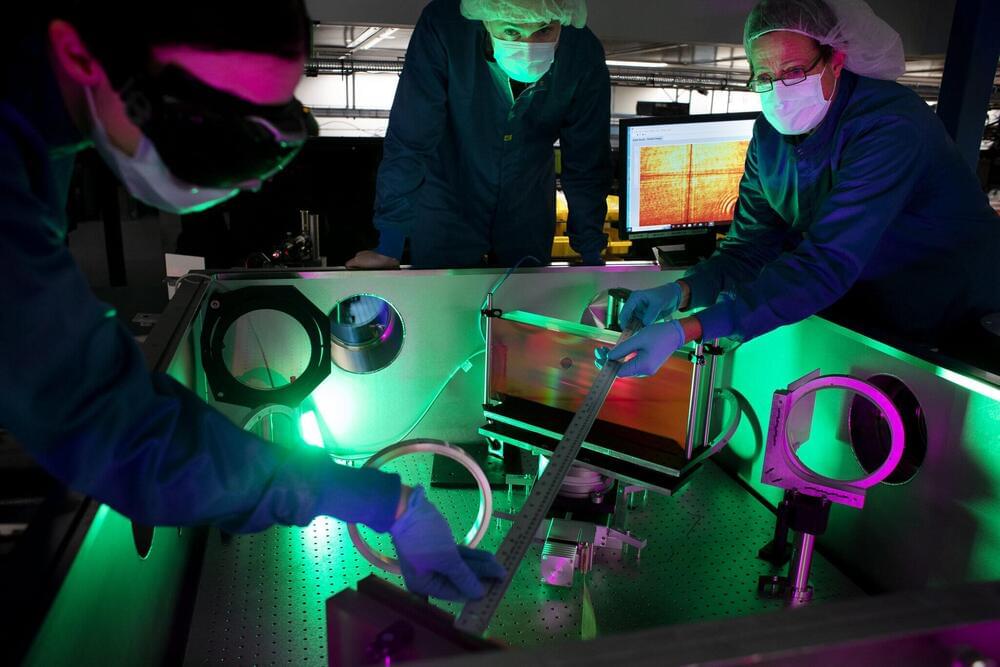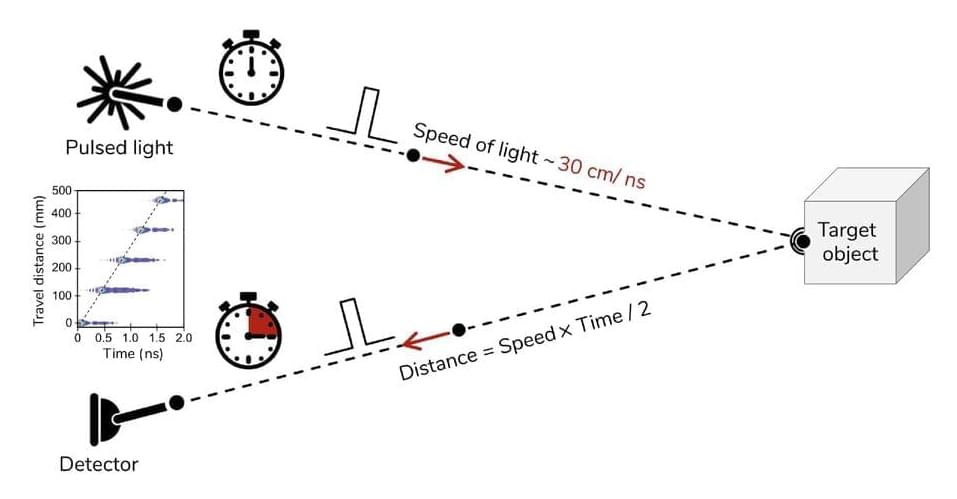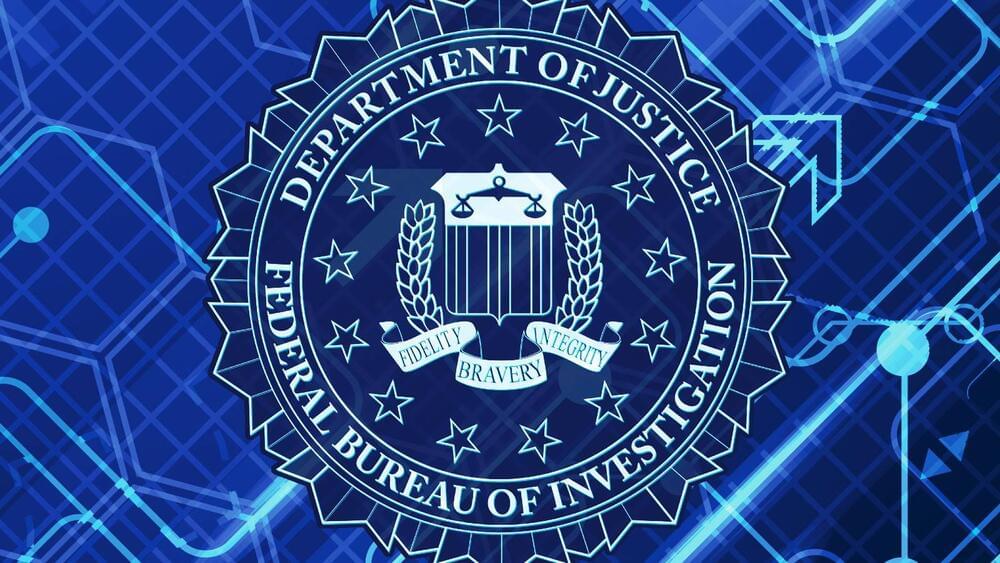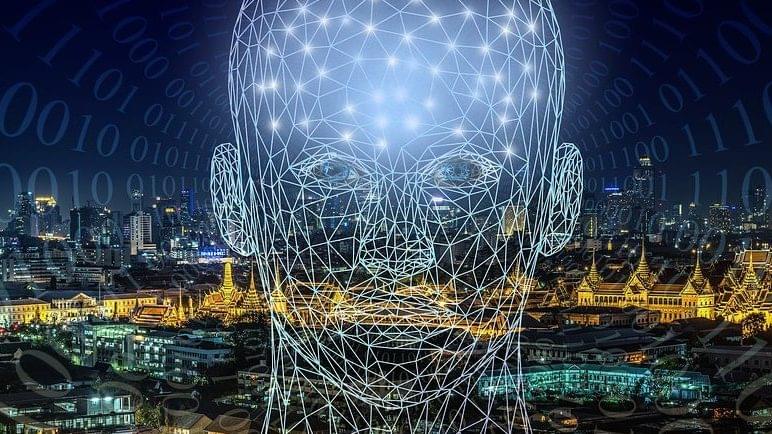Sep 16, 2022
First light at the most powerful laser in the US
Posted by Claudio Soprano in categories: biotech/medical, quantum physics, security
The laser that will be the most powerful in the United States is preparing to send its first pulses into an experimental target at the University of Michigan.
Called ZEUS, the Zetawatt-Equivalent Ultrashort pulse laser System, it will explore the physics of the quantum universe as well as outer space, and it is expected to contribute to new technologies in medicine, electronics and national security.
Continue reading “First light at the most powerful laser in the US” »


















